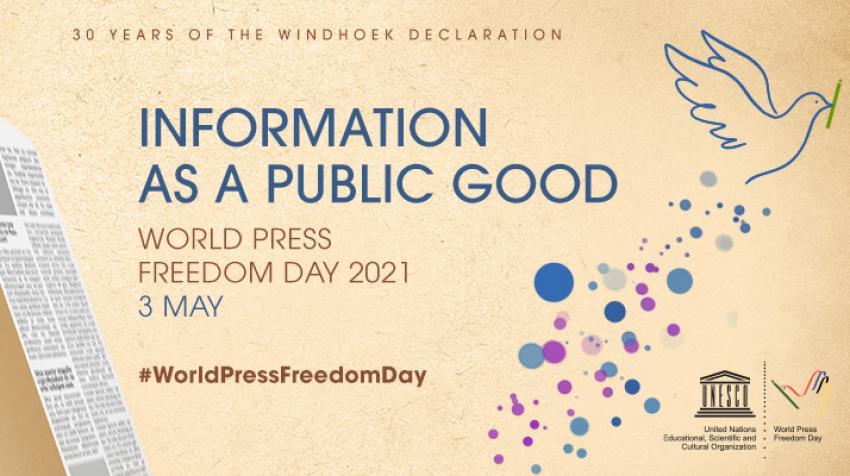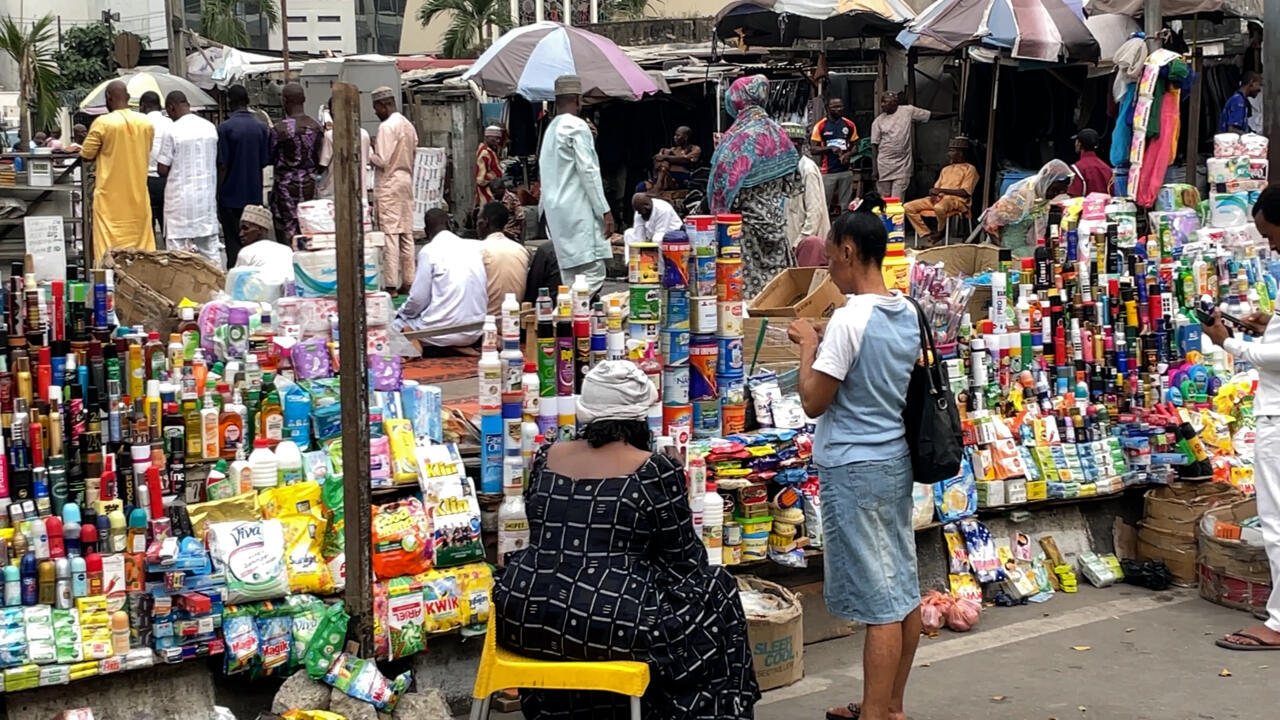Every group of people in the world and across the ages have some information they will like to disseminate. Rhetoric, ideologies, commercial information, propaganda, education, public enlightenment, governance information, entertainment and so much more.
Why do we need quality information? The public require information to help them make rational decisions and sense out of their world. Quality information is key to people and societies reaching their full potential. It enhances governance and citizenship. Access to the right economic, social and political information is critical for the building of societies that meet the aspirations of all people.
The critical nature of this resource also means ways of controlling and manipulating it by interest groups across the extremes of the spectrum of good and bad are continually being exploited and utilised.
Between these groups and their respective agendas stand media practitioners.
Recent advances in technology that have further democratised access to tools for dissemination of information have created new challenges for traditional gatekeepers.
Combined with a challenged national and global economy, centuries old professional standards are under threat. How do we continue to ensure that the ability to feed the minds of hundreds of millions is not in the wrong hands? How do we ensure information is not manipulated to negate its essence as a public good? How can we ensure that threats to public good in the age of new media like fake news, hate speech, online harassment and technology enabled malicious audience targeting are not exploited by both state and anti-state elements, criminal gangs, ethnic jingo-ists and political forces to manipulate sentiments or coerce compliance to achieve their objectives?
According to Reports Without Borders in 2020, "The absence of appropriate regulation in the era of digitalised and globalised communication has created information chaos. Propaganda, advertising, rumour and journalism are in direct competition. The growing confusion between commercial, political and editorial content has destabilised democratic guarantees of freedom of opinion and expression. The growing confusion between commercial, political and editorial content has destabilised democratic guarantees of freedom of opinion and expression."
This year marks the 30th anniversary of the World Press Freedom Day and UNESCO has selected as this year's theme Information as a Public good. This year, UNESCO's call is for all to cherish information as a public good along with exploring ways to distribute it and strengthen journalism.
According to the Director-General of UNESCO, Audrey Azoulay, in a message on World Press Freedom Day, "The theme of this year's World Press Freedom Day, 'Information as a Public Good', underlines the indisputable importance of verified and reliable information. It calls attention to the essential role of free and professional journalists in producing and disseminating this information, by tackling misinformation and other harmful content."
There are a few areas being focused on this year among which are
Related Articles
Steps to ensure the economic viability of news media
The news media industry in Nigeria is struggling. Stories of lay-offs and complete cessation of operations by media houses are regular happenings. Even before the COVID-19 pandemic, the contraction in the Nigerian economy had already put the industry under immense strain. Advertising revenues which are the lifeblood of the industry had shrunk. The layoffs created a crisis which is still unresolved: hundreds of professional journalists are out of jobs.
Some of them, with few options available, settle for lower paying positions while some decide to set up their own online news platforms. Most of these are one-man operations with the owner doubling as editorial, production and marketing personnel.
This model is unrealistic and unsustainable and keeps the publishers constantly at the mercy of the few advertisers they are able to attract and those they are struggling to bring on board. Objectivity and independence remains constantly in question.
News publishers, especially online, need to creatively explore new revenue models that endanger their editorial independence less.
Mechanisms for ensuring transparency of Internet companies
This brings us to the second area this year's theme focuses on.
With virtually no oversight and faced with the need to stay afloat, the possibility exists for some of these online publications to conduct their business in the manner that best guarantees their survival. While it is true that political, commercial and other such interests will always play a role in the determination of editorial content selection and slant, the existence of internal gate-keeping mechanisms ensure that certain professional requirements are maintained.
With hundreds of online news sites in existence in the Nigerian media space today, the need for improved internal mechanisms that govern news production processes needs to be considered strongly by practitioners to ensure that not only is the content they disseminate serve the public good, they have to be able to retain the confidence of the public in the capacity of professional journalists to keep the public abreast with quality information thereby reducing the reliance on alternative sources of unverified information.
Enhanced Media and Information Literacy (MIL)
Enhanced Media and Information Literacy (MIL) capacities that enable people to recognize and value, as well as defend and demand, journalism as a vital part of information as a public good
With the first and second areas given proper consideration, there is the need to enlighten the public to actively seek out and appreciate the value of quality information produced and disseminated by professional journalists. Like every other brand and product that people have formed emotions and judgments about, the need for journalism as a quality brand must be communicated to the public, its benefits sold and new relationships built on trust formed with the public that will garner their support. The media therefore needs to invest in this advocacy as part of its strategy to remain relevant and fulfill its role in society.
As we join the world to celebrate the fundamental principles of journalism, evaluate press freedom across the world, defend the media from attacks and pay tribute to journalists who have lost their lives in pursuit of their profession over the years, the time cannot be more appropriate to cast an inward look at the practice of the profession in Nigeria and the need to work together in maintaining its independence by creatively exploring new revenue earning avenues that can help professional journalism retain its independence, online or traditional, and indeed be a public good.








